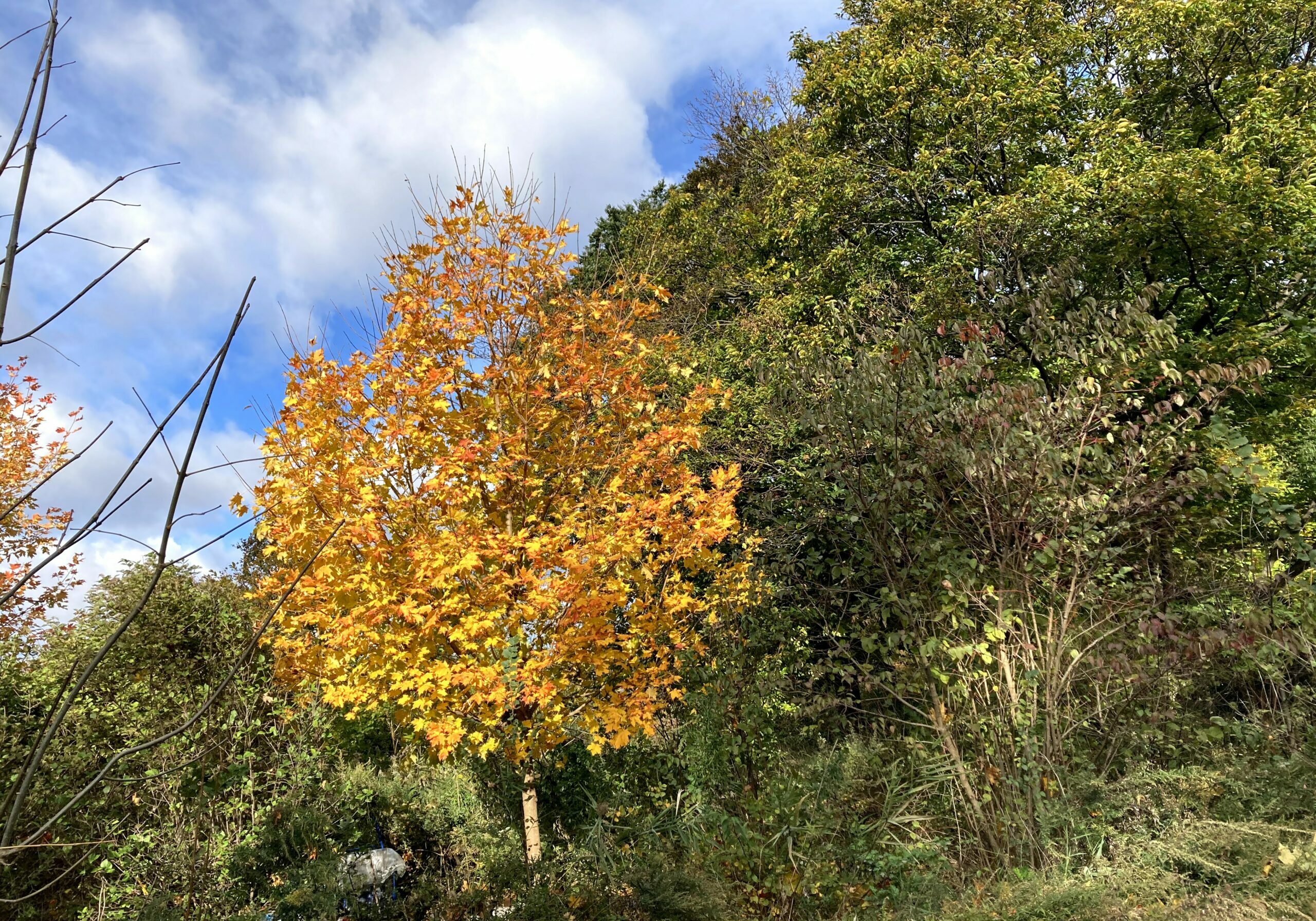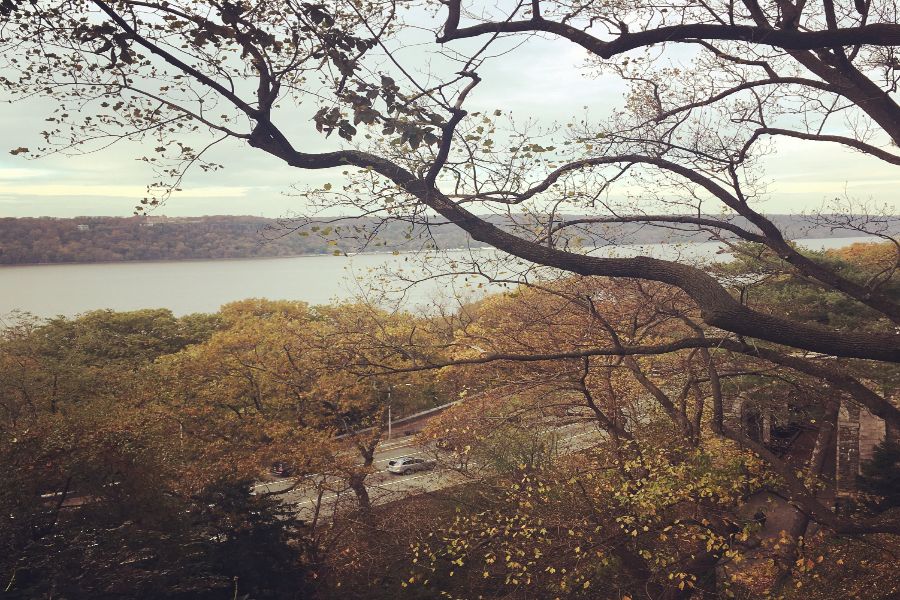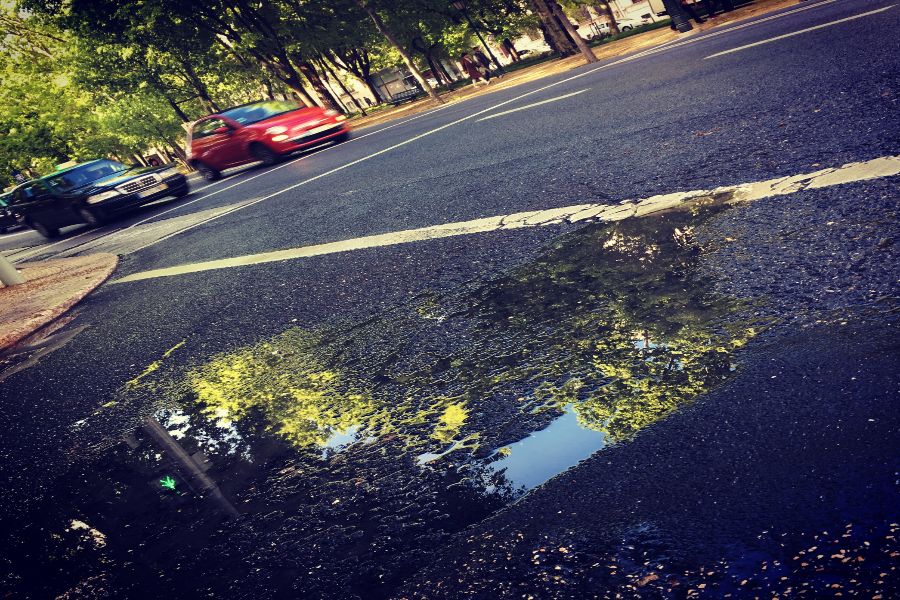October 2, 2023
I’d rather trust and go out there and get burned

The most maddening and suffocating feature of obsessive compulsive disorder is the doubt.
It overrides all of our intelligence, logic and rationality. It makes us question our own memory, attention and perception.
Even if we’ve completed an activity, not only will we doubt whether we performed it correctly, but whether we even did it at all. It’s like our mind is whispering:
Hey, you haven’t thought about this enough to form a justified answer, so we better keep that hamster wheel spinning a little while longer.
Stupid brain. It thrives on manufacturing doubt, readily trying to exploit the fallibility of memory for that purpose.
The good news is, we all contain the antidote to our episodes of doubt. In my experience, it’s combination of acceptance and advancement.
First, we surrender to the cold reality that absolutely certainty is a myth.
There will never be at least some degree of doubt. Look, biologically speaking, doubt is an evolutionary fear response. It’s hardwired into our brain as a survival mechanism. For tens of millions of years, doubt has kicked in during times of change and pushed human beings harder, making us far more resilient than other species.
You don’t really believe that whole myth about the dinosaurs being wiped out by some devastating asteroid impacts do you? Was there really a sudden crash from the heavens that threw debris into the air and caused massive tidal waves to wash over the entire planet?
Or is it possible that the dinosaurs simply didn’t doubt enough?
I’m not a paleontologist, but I often wonder if the dinosaurs would still be around today if they were a little more suspicious. Not to throw shade on our half bird half reptile friends. I just think doubt gets a bad rap.
Bottom line, there is no magic formula that can be trusted to eliminate it, so we may as well accept it as our lifelong companion. I understand when the nagging clouds of doubt continue to rain on our mental parade, we feel disgusted and ashamed. Like our brain has betrayed us. And that’s a totally normal response. Trusting doubt as a built in feature of the human condition is not an easy pill to swallow.
I’m reminded of a question my therapist once asked me. I spent the first ten minutes of our session vomiting out all of my anxieties, and he simply responded with:
How are you at loving your stress?
Huh. Nobody had ever asked me that before. I was never encouraged to turn towards my tension, open my arms, give it a hug, and find out what it wanted to teach me. That was a radically counterintuitive approach to managing anxiety, and it legitimately changed my life.
I still use that intervention to this day.
Doubt can work the same way. Once we become more accepting and befriending of our doubt, rather than trying to eradicate it every moment of the day, our blood pressure plummets. It’s the first step towards freedom.
But it’s not the only step.
The other important piece is advancement.
And in my experience, this is where it gets fun. See, once we’ve chosen not to run from our doubt, now we’re able to reinvest that energy in forward motion. We try viewing things from a scientific perspective, i.e., making hypotheses, running experiments, gathering data, and iterating for next time.
Here’s a concrete example.
I remember the time I went to an open mic night at my local coffee shop.
I showed up early, ordered a drink, set my guitar on the floor, found a good seat, and then sat there for three straight hours. Didn’t talk to a soul. The whole time, I just sank down into my chair and watched other artists do their thing.
All the while, doubting my own singing voice, songwriting chops, guitar ability and performance skills. Meanwhile, seething with jealousy and resentment towards those assholes who had the nerve to play.
Long story short, I never got up on stage that night. Drove back home feeling more isolated and doubtful than I did when I started. Not only was that evening deeply unsatisfying, but a complete waste of time and energy. Because I didn’t leave the coffee shop any smarter. I learned nothing. No data for me to analyze. Doubt triumphed again.
Fast forward to about a year later. I moved across the country with my then girlfriend, now wife. We landed in a big new city where nobody knew us. And our neighborhood had this coffee shop that hosted a weekly open mic.
Now, my doubts were still there. I didn’t feel more confident as a singer, songwriter, guitar player or performing artist than I did a year ago. But for some reason, that evening I decided to favored advancement. To reinvest my energy in forward motion.
I thought to myself, you know what? Screw it. I’d rather trust, go out there and get burned, figure out the truth, and then adjust for next time.
Which is exactly what happened. Instead of just sitting there, I played my songs. Most people weren’t paying attention. I screwed up the lyrics multiple times. I felt vulnerable and scared. And my doubts about my abilities were still there.
However, after my set was finished, I possessed something that I didn’t have before.
An experience. I made my hypothesis, ran an experiment, gathered data, and iterated for next time. Period. My brain couldn’t trick me out of knowing that.
Many years later, I still perform music in public on a regular basis. That’s the power of combination of acceptance and advancement.
It’s a reminder that the brain is biologically an organ, but it’s metaphorically a muscle. If we willing to treat it as a flexible, ever evolving set of neurons; a learning machine that’s always adapting to its environment, then we don’t have to be plagued with doubt.
We can accept its presence and reinvest our energy in forward motion.
Ultimately, whether you have some version of obsessive compulsive disorder, or whether you’re just going through the classic bout of doubt, know this.
You contain the antidote. You’re smarter than a dinosaur.
The opposite of doubt is the act of creating.
Is the doubter not obliged to doubt that he doubts?

